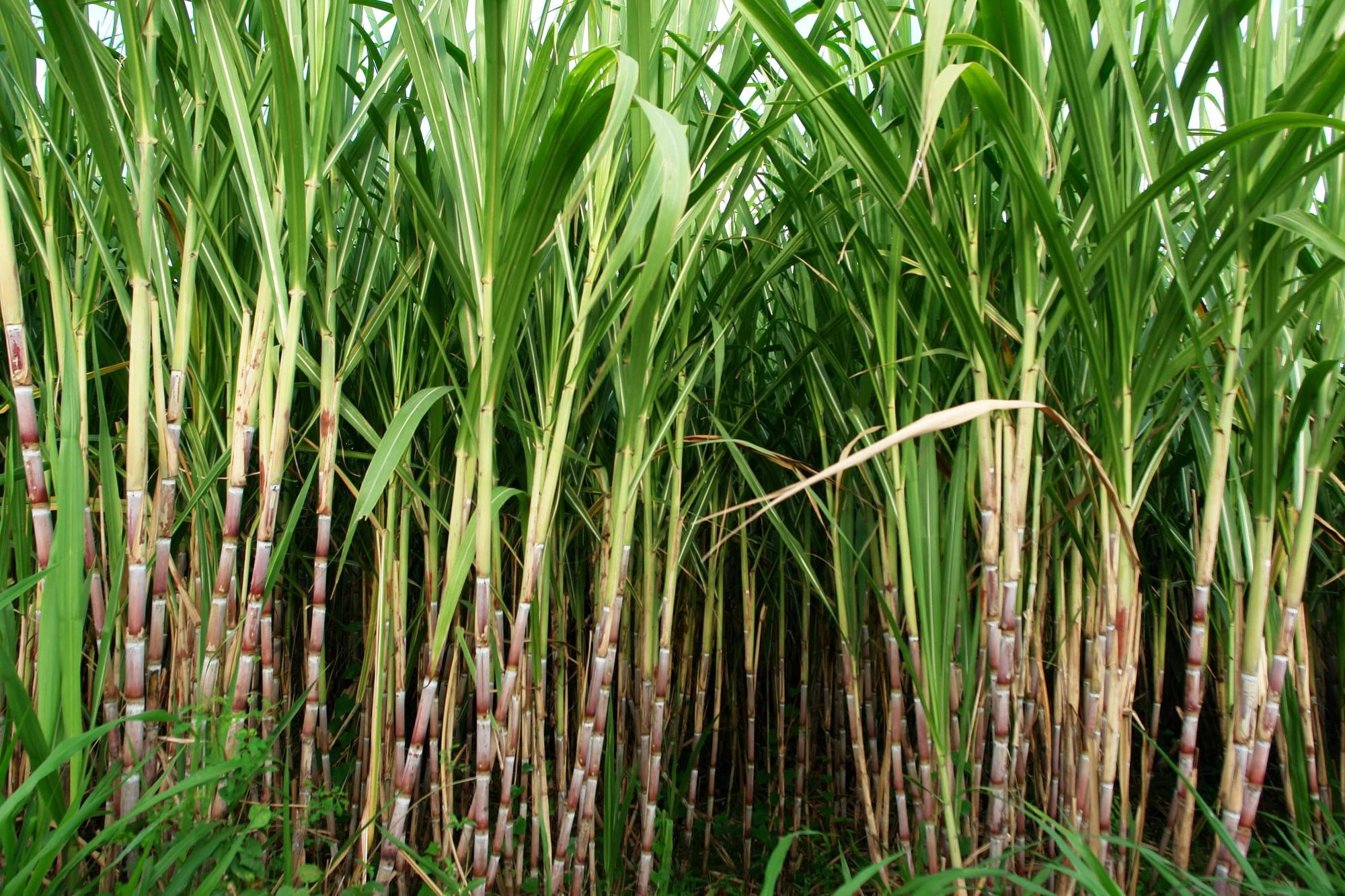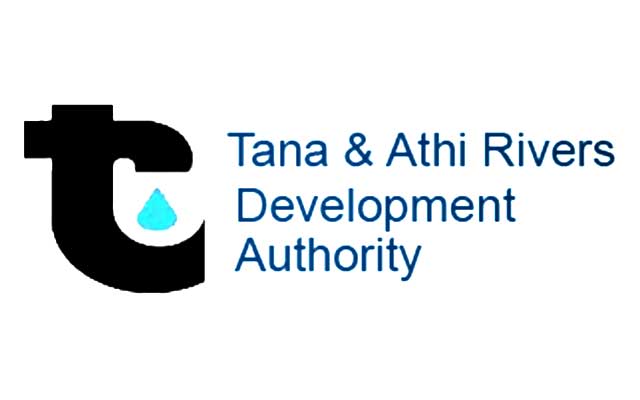Tana Integrated Sugar Project (TISP)
The idea of a sugar production at the Tana Delta was first proposed in 1969 through a report by Booker International, which had been commissioned by the Ministry of Agriculture. The proposal was revisited by the Sugar Research International PTY Ltd of Australia as commissioned by the Ministry of Agriculture to review the possibilities of rehabilitation and Augmentation of Kenyan Sugar Industry in 1993.
A study done by Haskoning in early 1980s identified 16,300Ha of land as a net irrigation potential suitable for the growing of rice, sugar, cotton, soya beans, bananas and other high value horticultural crops. As a follow up of the above noble idea, TARDA in partnership with Kenya Sugar Board (KSB) conducted another study in April 2004 which confirmed the findings of the earlier study.
The project was launched by the President in 2004 and a Demo farm of 100 acres established in the same year. This demonstrated the area as the most ideal area for sugarcane growing as shown through the action research plan that TARDA could produce from 150 – 180 tonnes of sugar cane per ha under irrigated solution and through a block farming model.
The Tana Integrated Sugar Project encompasses the development of 23,000Ha of estate sugar cane farming and an additional 8,000Ha of smallholder out growers’ blocks for cane farming using controlled irrigation solutions of production.
A full feasibility study and detailed design were carried out by TARDA and Mumias in 2006. This study included a research component which was carried out for one year which revealed that sugar matures in nine (9) months as opposed to eighteen (18) months in the Western Kenya Sugar belt and contains higher sucrose levels thus rendering the area the most suitable for sugarcane growing in Kenya. The recommendation between the two companies was that TARDA can carry out diversified and rotational farming under cane nucleus estate.
The Specific objectives of the project include:
- Provide new source of revenue to the Authority and communities resident in the area.
- Provide new employment opportunities.
- Save on foreign exchange through import substitution on industrial sugar and manufacture of Bio fuel.
- Renewable energy production through co-generation
- Earn foreign exchange through export of sugar to the region and to the world market.
- Wealth and income creation through involvement of small holders in sugarcane production.
- Utilization of idle land
Current Status:
TARDA has submitted a concept paper to the PPP unit as per the PPP Act 2013 and is now waiting for the approval. Thereafter, the procurement process will commence.


